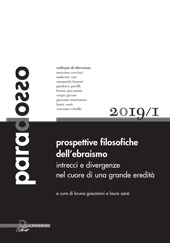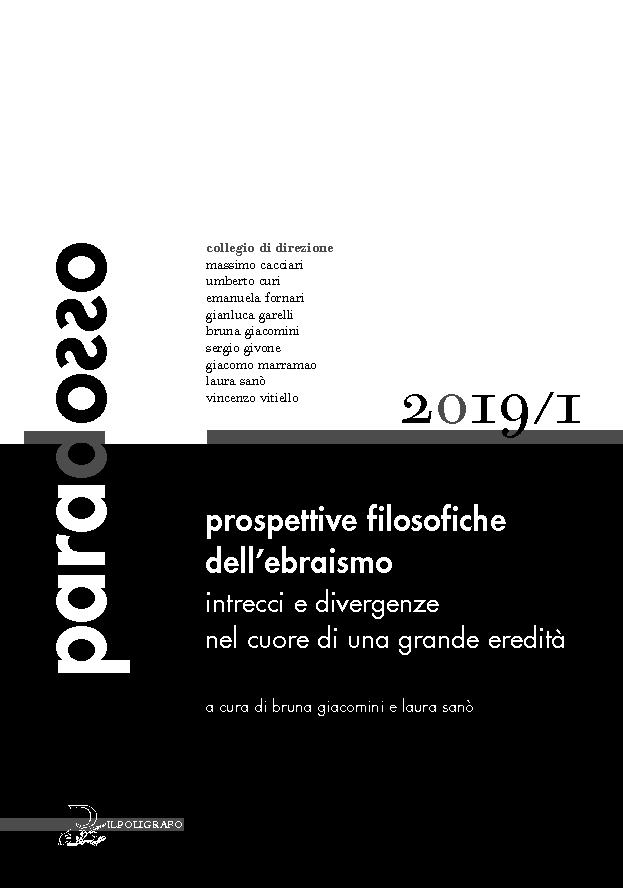In quanto ebreo, mio padre è morto ad Auschwitz : l'impossibile compito della filosofia in Sarah Kofman
P. 167-179
The human and philosophical history of Sarah Kofman (1934-1994), an acute and irreverent interpreter of Nietzsche and Freud, is profoundly marked by the death of her father, Rabbi Berek Kofman, who was raided in Paris during the Nazi occupation. This pivotal event characterizes and grounds entirely her reflection, which can be conceived as a form of masking and a strategy of detachment creating a neutral ground in which Kofman can try to acknowledge herself autonomously. Kofman's works are an example of what Nietzsche calls "reading": an accurate, slow practice capable of disconnecting the rhetorical apparatus, showing what is commonly unseen or hidden.
This kind of "reading" can say the unsaid or the unmentionable. Once reached a mature and independent way of thinking, Kofman can finally face her own unsaid, the "thing" which originally prompted her to write and reflect. In Kofman's writings, the loss of her father is entangled with the historical event of the death of the Jews in the Shoah, while the Author poses a question: how is it possible to talk about these tragic events without reducing them to an abstraction? [Publisher's text]
Forma parte de
Paradosso : rivista di filosofia : 1, 2019-
Artículos del mismo número (disponibles individualmente)
-
Información
ISBN: 9788893871013
ISSN: 2704-7091



